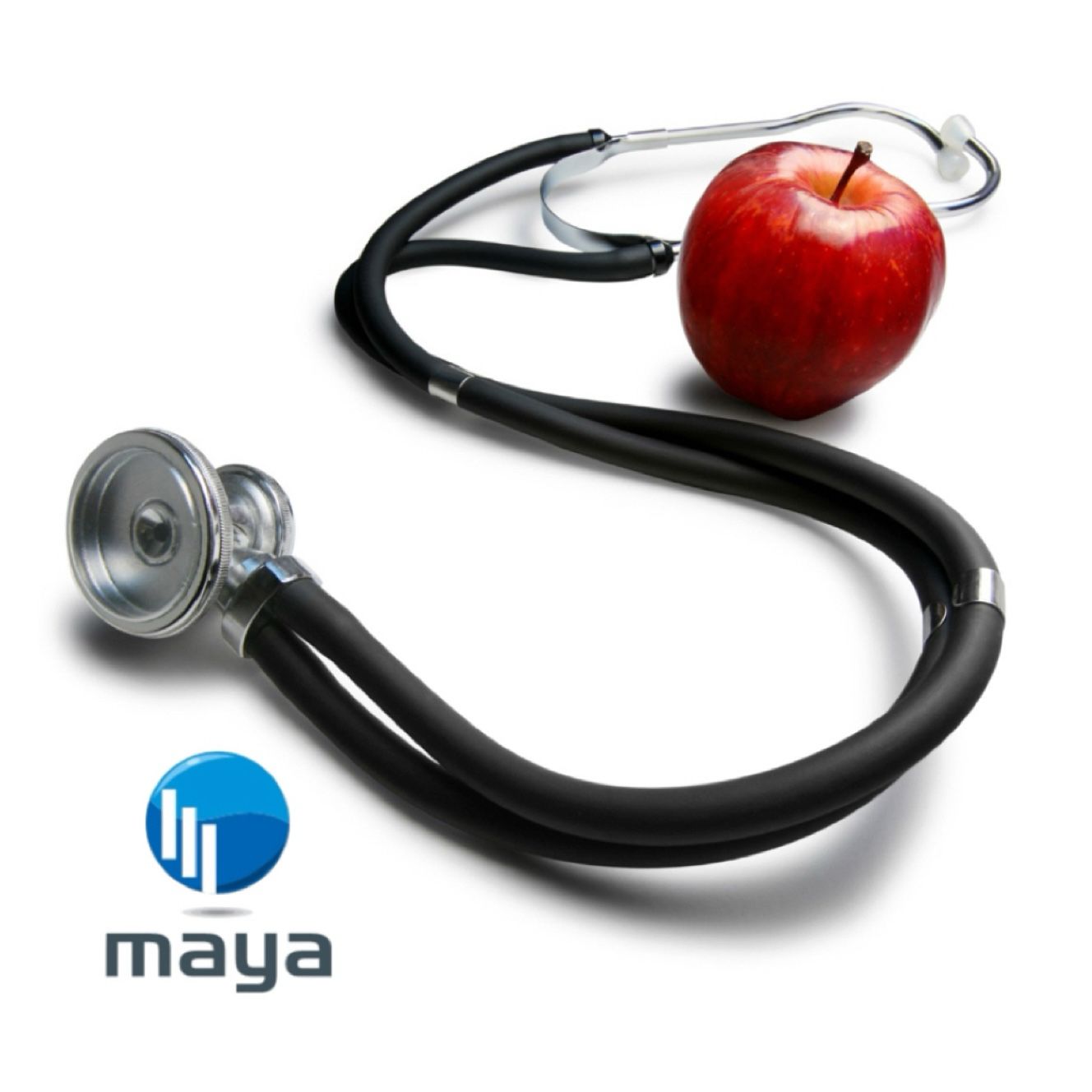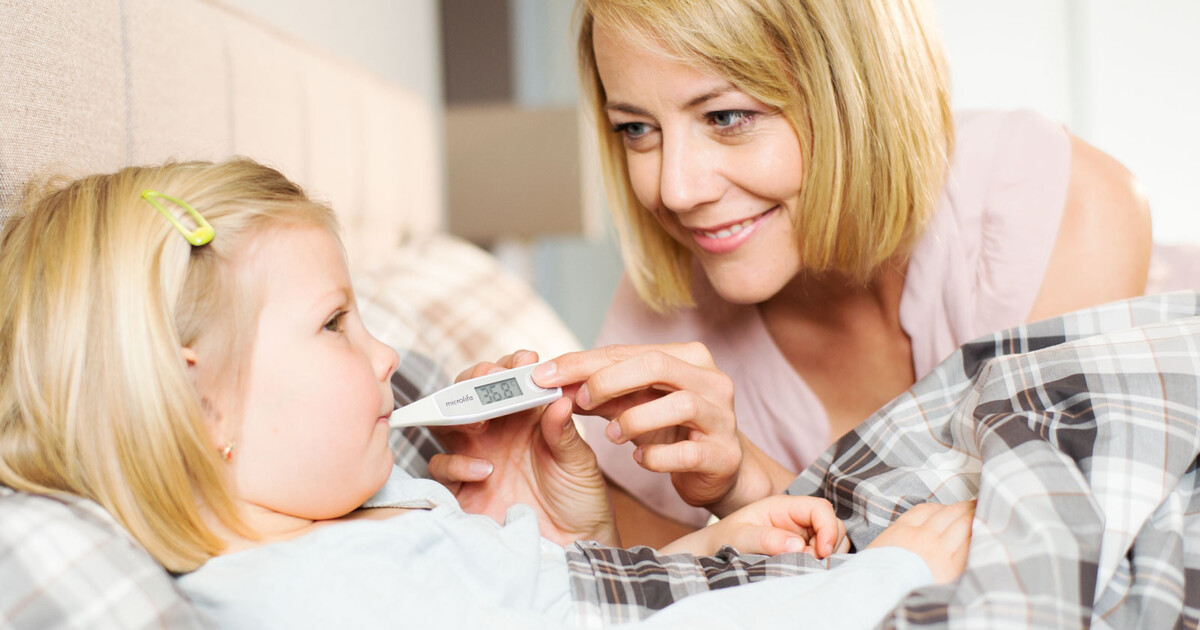Temperature Checks Alone Are Insufficient: Lessons from COVID-19
As a doctor with over 40 years of experience, Dr. Srivatsa raised significant concerns about the reliance on temperature checks during the COVID-19 pandemic. This practice was used to impose quarantine, restrict travel, and regulate social interactions—decisions that devastated families, bankrupted businesses, and caused widespread suffering. Dr. Srivatsa challenged authorities like NHS 111 and the General Medical Council, arguing that using temperature as a standalone diagnostic tool was scientifically flawed and ethically questionable.
Why Temperature Checks Alone Are Insufficient
- Temperature Does Not Exclusively Indicate COVID-19
Fever is a common symptom of many illnesses, such as the flu, bacterial infections, and even non-infectious conditions like heatstroke or autoimmune disorders. Relying solely on elevated temperature to identify COVID-19 ignored the complexity of diagnosing the virus. - Inconsistent Guidelines and Implementation
During the pandemic, guidelines often lacked specificity. For example:- No clear temperature threshold was consistently applied.
- A generalization that "fever equals COVID-19" led to millions being quarantined unnecessarily.
This inconsistency caused unjustified disruption to lives and livelihoods.
- False Negatives and Clinical Misdiagnosis
Many individuals who were clinically diagnosed with COVID-19 but had negative test results (false negatives) were allowed to travel, socialize, and interact with others. This oversight:- Exacerbated the spread of the virus.
- Undermined public trust in healthcare systems.
- Asymptomatic Cases Were Overlooked
A significant proportion of COVID-19 cases were asymptomatic or exhibited no fever. Relying on temperature alone meant many infectious individuals were not identified, further fueling the pandemic.
The Ethical Implications
Dr. Srivatsa emphasized that generalizing temperature-based restrictions violated ethical principles:
- Autonomy: Blanket restrictions deprived individuals of making informed decisions about their health and movement.
- Justice: The approach disproportionately affected vulnerable groups, such as low-income workers and families relying on travel for income or care.
- Non-Maleficence: The harm caused by unnecessary quarantines, business closures, and social restrictions outweighed the benefits of the flawed strategy.
Lessons for WHO, CDC, and Future Policy
Dr. Srivatsa urges global health authorities like the WHO and CDC to avoid repeating these mistakes in future pandemics. Temperature checks must not be the sole criterion for quarantine, travel restrictions, or social interaction. Instead, policies should consider:
- Holistic Symptom Assessment
Combine temperature checks with other symptoms like cough, fatigue, and loss of taste or smell. Tools like Dr. Maya can assist in evaluating multiple symptoms to make informed decisions. - Advanced Diagnostic Testing
Rapid and accurate testing (e.g., PCR or antigen tests) should take precedence over crude measures like temperature. - Data-Driven Thresholds
Establish clear, evidence-based guidelines for temperature thresholds, avoiding arbitrary generalizations. - Public Education
Educate people on the limitations of temperature checks, empowering them to make decisions without over-reliance on flawed diagnostic methods. - Focus on High-Risk Scenarios
Target interventions like quarantine and travel restrictions toward individuals with confirmed infections or exposure, rather than broad, population-wide measures.
Empowering Individuals to Make Informed Decisions
Dr. Srivatsa believes that providing people with accurate knowledge is the key to minimizing harm in future health crises. Instead of depending solely on doctors or public health authorities, individuals should be equipped with tools like Dr. Maya, which guide them to act based on a combination of symptoms and personal circumstances.
Conclusion
The reliance on temperature checks as a primary diagnostic and decision-making tool during COVID-19 was a critical misstep with far-reaching consequences. Dr. Srivatsa's challenge to this approach highlights the importance of evidence-based, nuanced policies that prioritize ethical and effective solutions. As we prepare for future health crises, the global community must learn from these lessons to ensure that measures are both scientifically sound and humane.

